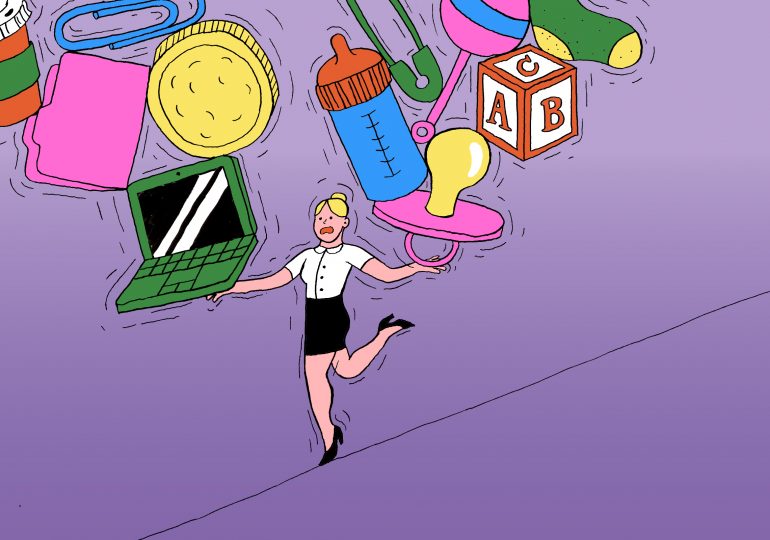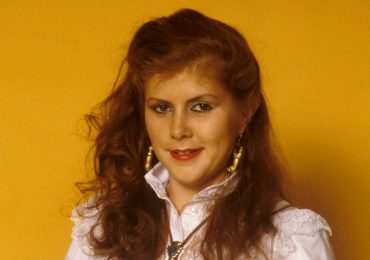Over the last several years I’ve coached many people, specifically women in their 20s and 30s, who are looking for long-term partners, but not necessarily to have a family. They express openness to having children, but don’t have a strong desire to make that a primary dating goal. This type of dater, who seems to be popping up more and more, is child-ambivalent and believes that there are benefits and drawbacks to both parenthood and being child-free. For these women, gone are the days of expecting that dating will result in marriage and two kids. Modern daters are skeptical but also realistic about the challenges of having children in the U.S. today. They also must contend with the fact that such a personal decision has become fodder for political debate.
[time-brightcove not-tgx=”true”]
Bringing a child into the world requires a great deal of consideration, and many daters have to weigh so many factors in their decision-making. I hear lots of reasons why my clients are on the fence about having children. These reasons are really common and feel uniquely tied to our social and economic moment.
The world is burning; There’s so much violence and war; Life with children will be expensive; I want to make sure I have a real partner and avoid being married but feeling like a single parent—concerns rooted in very realistic fears of climate change, political unrest, wealth inequality, and gendered caregiving disparities. And as women contemplate who they want to be and what they want for themselves and their love lives, children seem less of a priority and more of a luxury—if they can create a life of comfort and financial stability first.
For most single people, contemplating whether they want a family often starts when they decide to begin searching for a partner. From the moment daters create a dating profile, they have to declare their stance on whether they want kids. The preset profile choices are now more nuanced than just wanting kids or not, and usually include “not sure” and “open to kids” as possibilities. Even if you skip that question on your profile or aren’t using dating apps, if you’re in your 20s to mid 30s (the prime childbearing demographic) you are likely to discuss family plans within the first few dates. It’s an inescapable part of dating that can feel disconcerting, especially for those who don’t know if they want children in their future.
Read more: What Does It Mean to Have a Child? We Should Be Taking That Question Seriously.
That’s why identifying as “child-ambivalent” often helps my clients date with less anxiety. If they meet and fall in love with someone who wants children, they are open to it. But if that doesn’t happen they believe they could be perfectly happy.
Even my clients who have frozen their eggs reveal that doing so gives them options, but they don’t see it as a guarantee. In fact, several people have undergone egg freezing during the time we worked together. The procedure is seen as insurance that age won’t close the door on their fertility (even if they eventually choose not to have children), and this makes the process of searching for a partner less dictated by a ticking biological clock. Of course, not everyone who freezes their eggs or decides to deprioritize family planning while dating is completely anxiety-free. And there are financial and physical hurdles to egg freezing. Still, even having this as a potential option can alleviate some mental stress about making a decision one way or another.
What makes child-ambivalent daters so unique is that they feel deeply that their lives are already complete—stable, even. They recognize that they have great friends, strong family ties, and solid careers. In fact, looking ahead to their potential life as a parent can sometimes feel destabilizing.
Women today have a clearer idea about what becoming a mother might mean for them and the potential hurdles involved. Despite career advancements, women are still behind when it comes to earning potential, and the cost of raising children makes single parenthood feel like an impossibility. According to Business Insider, it costs almost $26,000 annually in 2024 to care for a small child in the U.S. That’s a daunting figure for most single parent households. Finding a partner to co-parent with can often be the deciding factor for whether or not to start a family, but women are more likely to be responsible for household and caregiving duties even when they are partnered. They’ve seen their friends struggle to maintain social lives while working full-time and being a parent. Or they have already had the experience of taking care of younger siblings, nieces, nephews, and cousins. They may have the skills, but also know how difficult parenting can be and that may be enough to give them pause.
There is a running tally of pros and cons for child-rearing as people go on dates, meet potential partners, and contemplate what they are willing and able to do to family plan. But with so many socio-economic factors at play, daters are faced with more questions regarding partnership, family, and their futures. It has never been more complicated to decide whether or not to start a family. The rise of the child-ambivalent dater is a reflection of this struggle.
Leave a comment








